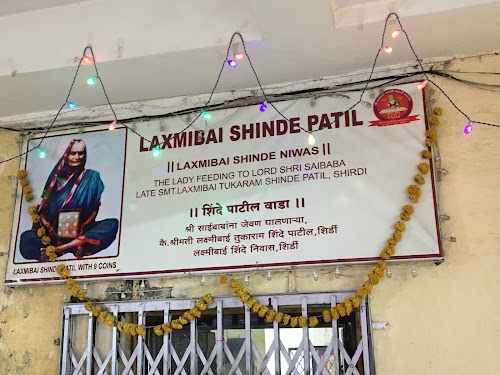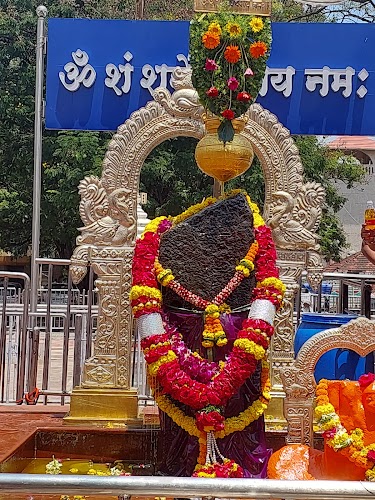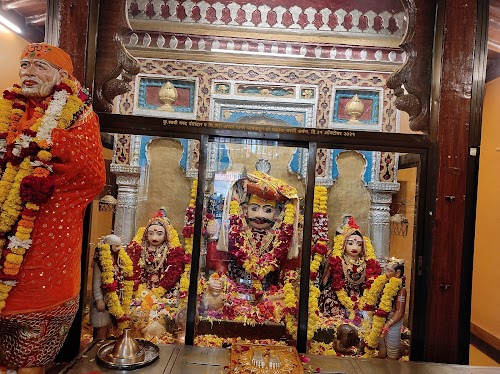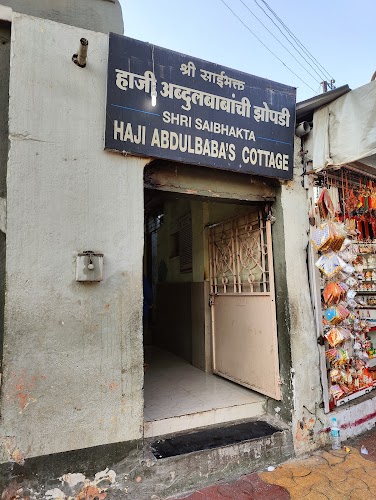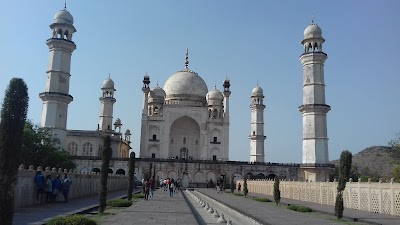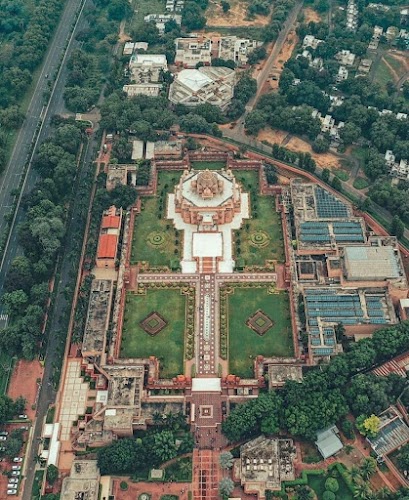Shirdi, India
Shirdi, located in Maharashtra, India, is a major pilgrimage site revered as the home of the late 19th-century saint, Sai Baba. Millions of devotees flock here annually to seek blessings at the Shri Saibaba Sansthan Temple, the focal point of the town. Beyond the temple, Shirdi offers a serene atmosphere conducive to spiritual reflection. The town has numerous budget-friendly accommodations and eateries catering to pilgrims. While primarily a religious destination, Shirdi provides a glimpse into Indian spiritual practices and offers a peaceful escape from the hustle and bustle of city life. The Samadhi Mandir is the main attraction where Sai Baba's mortal remains are enshrined. Other places to visit include Dwarkamai, Chavadi, and various other temples dedicated to Sai Baba and other deities.
Known for:
History:
Shirdi's history is intertwined with the life and legacy of Sai Baba, who arrived in the town in the late 19th century and remained there until his death in 1918. Little is known about Sai Baba's early life, but his teachings of love, compassion, and selfless service attracted followers from various religions and social strata. The Shri Saibaba Sansthan Trust was established to manage the affairs of the temple and promote Sai Baba's teachings. Over the years, Shirdi has transformed from a small village into a bustling pilgrimage center, drawing millions of devotees annually. Sai Baba's presence continues to be felt throughout the town, making it a place of profound spiritual significance.
How to reach:
Shirdi is well-connected by air, rail, and road. The nearest airport is Shirdi Airport (SAG), which has direct flights from major Indian cities. Alternatively, you can fly to Aurangabad Airport (IXU), which is about 130 km away. Shirdi has its own railway station (SNSI), with trains connecting to various parts of India. Numerous state-run and private buses operate to and from Shirdi, making it easily accessible by road.
Places in Shirdi, India
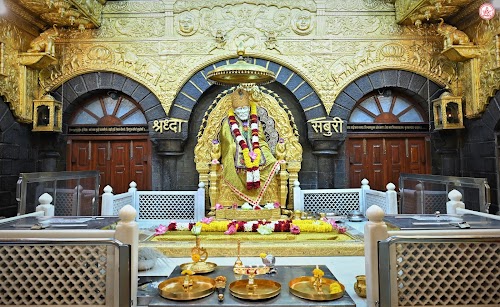
Shri Saibaba Temple
Shirdi, India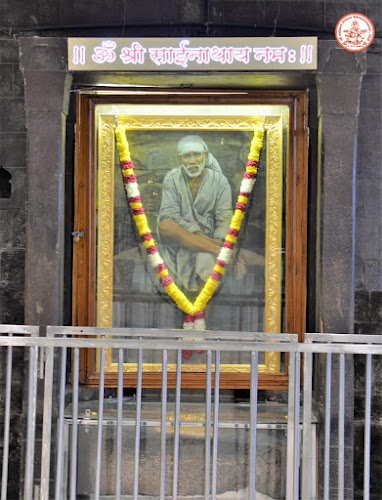
Dwarkamai
Shirdi, India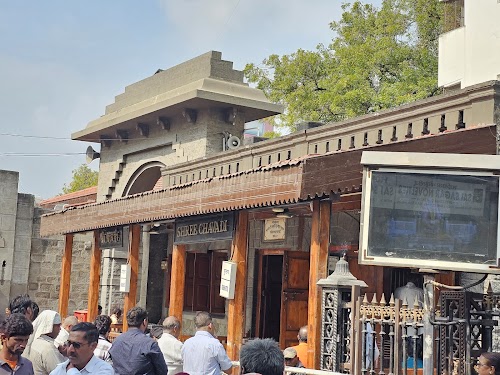
Chavadi
Shirdi, India
Gurusthan
Shirdi, India
Lendi Baug
Shirdi, India
Wet N Joy Water Park
Shirdi, India
Sai Teerth Theme Park
Shirdi, India
Dixit Wada Museum
Shirdi, India
